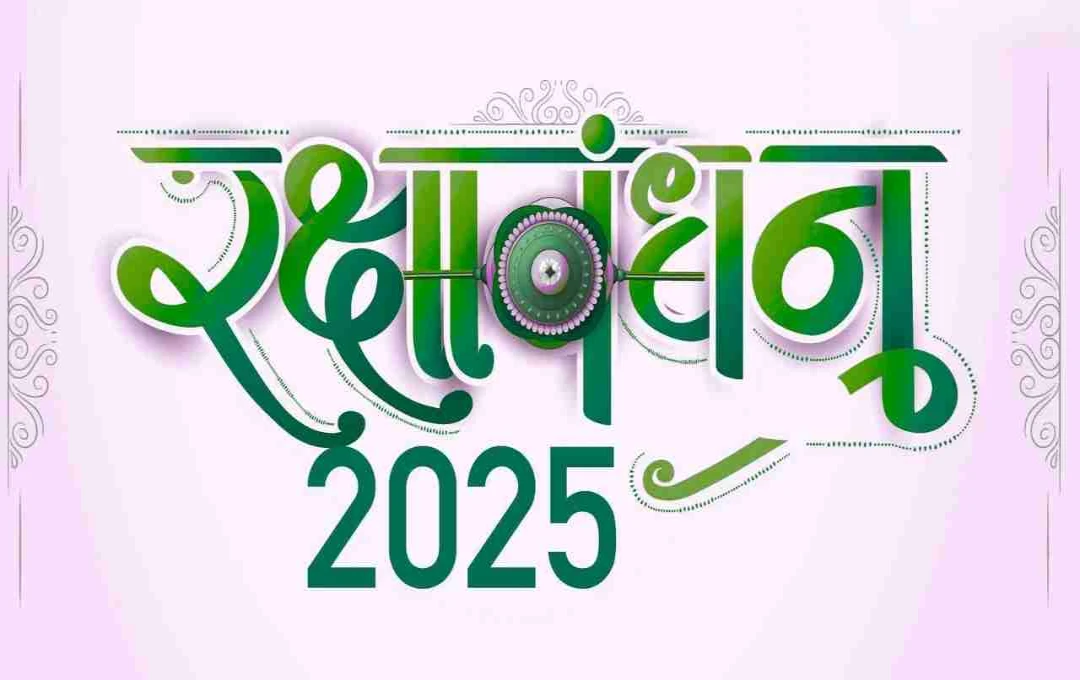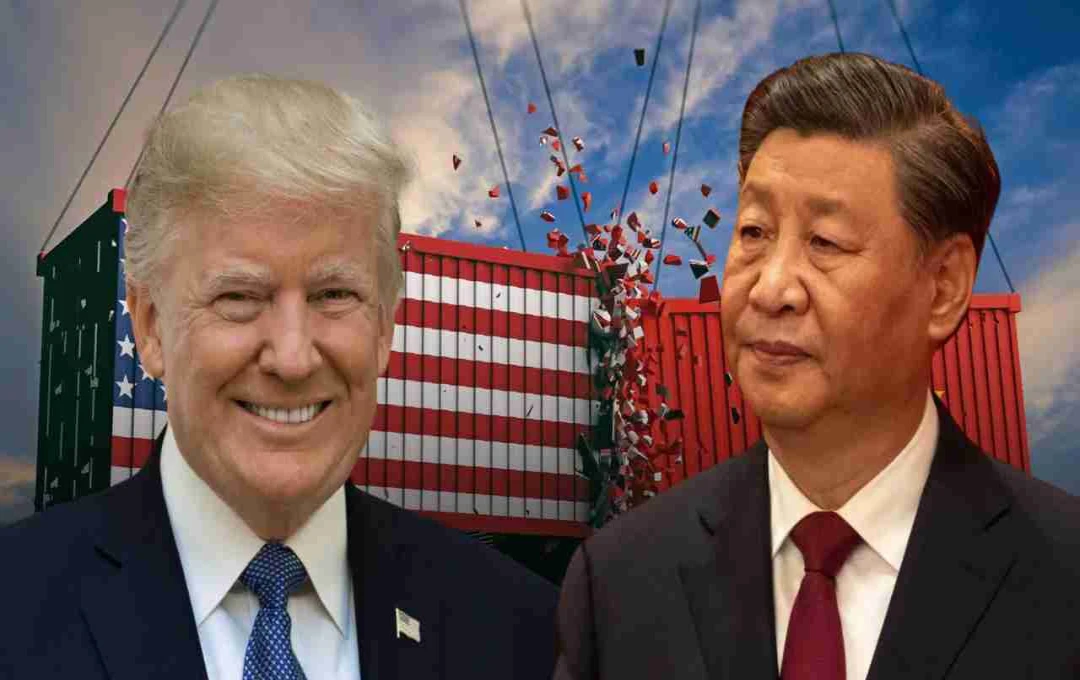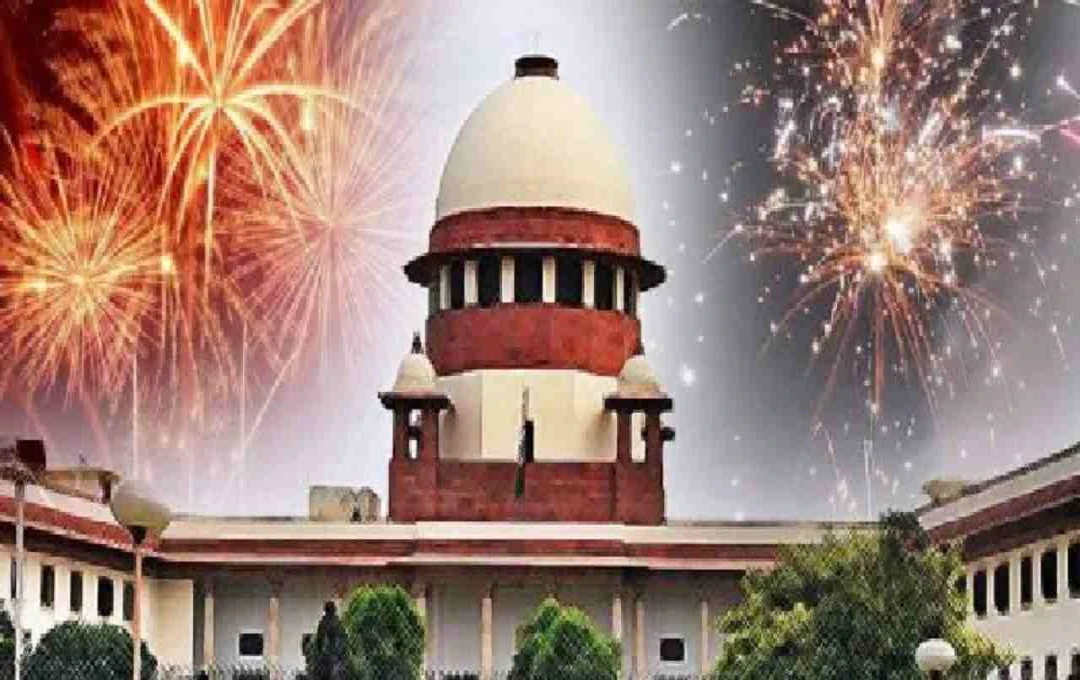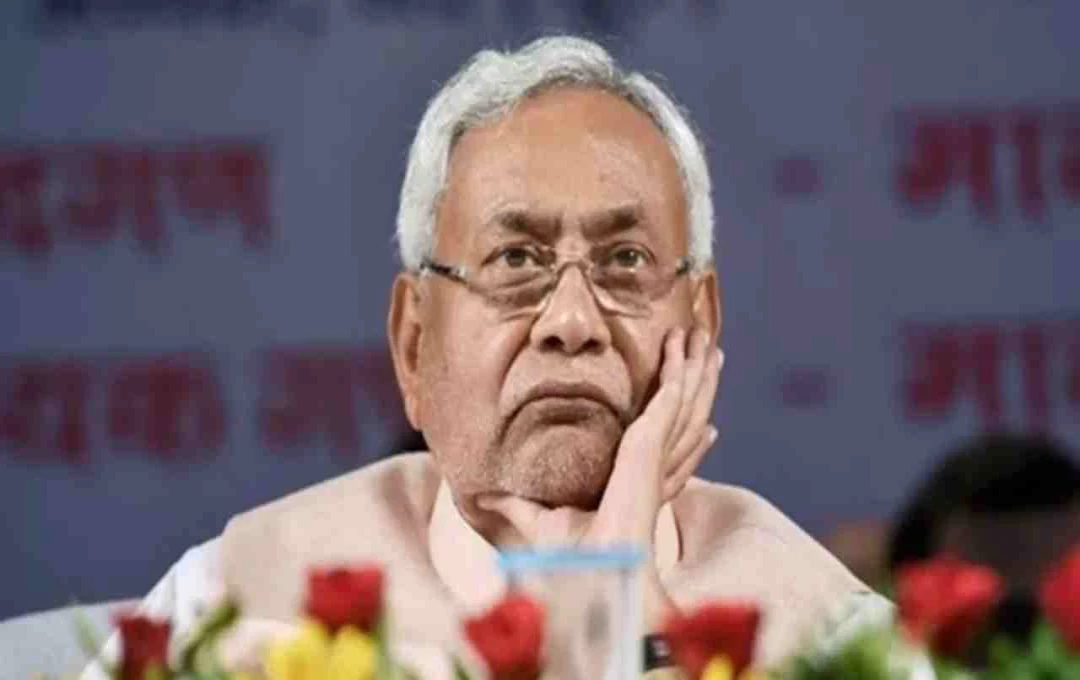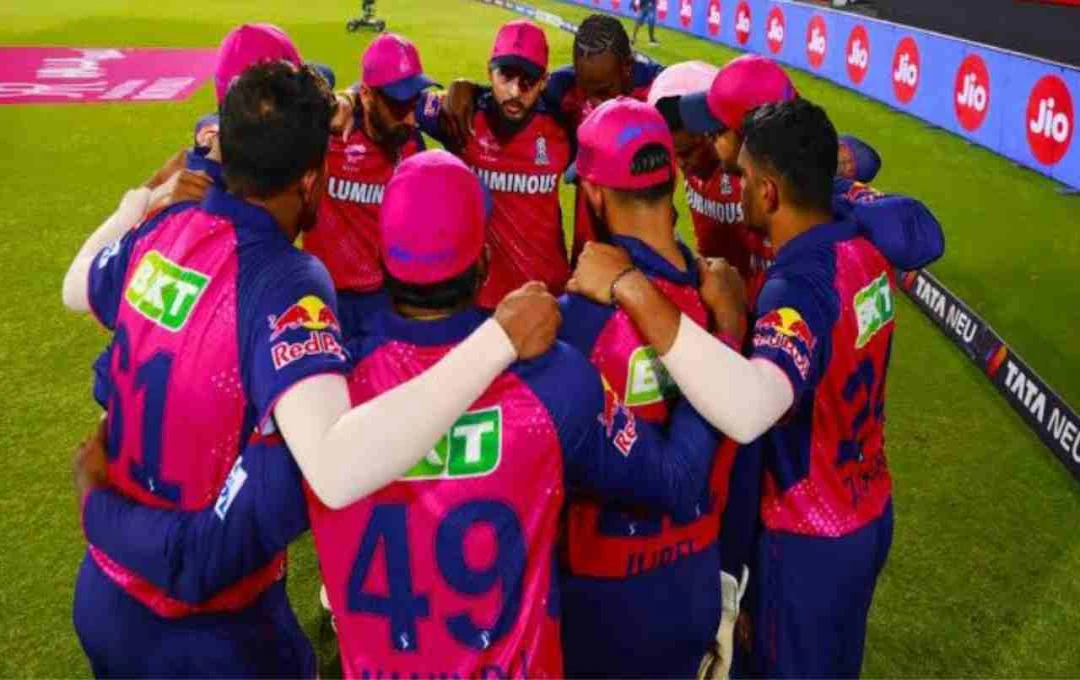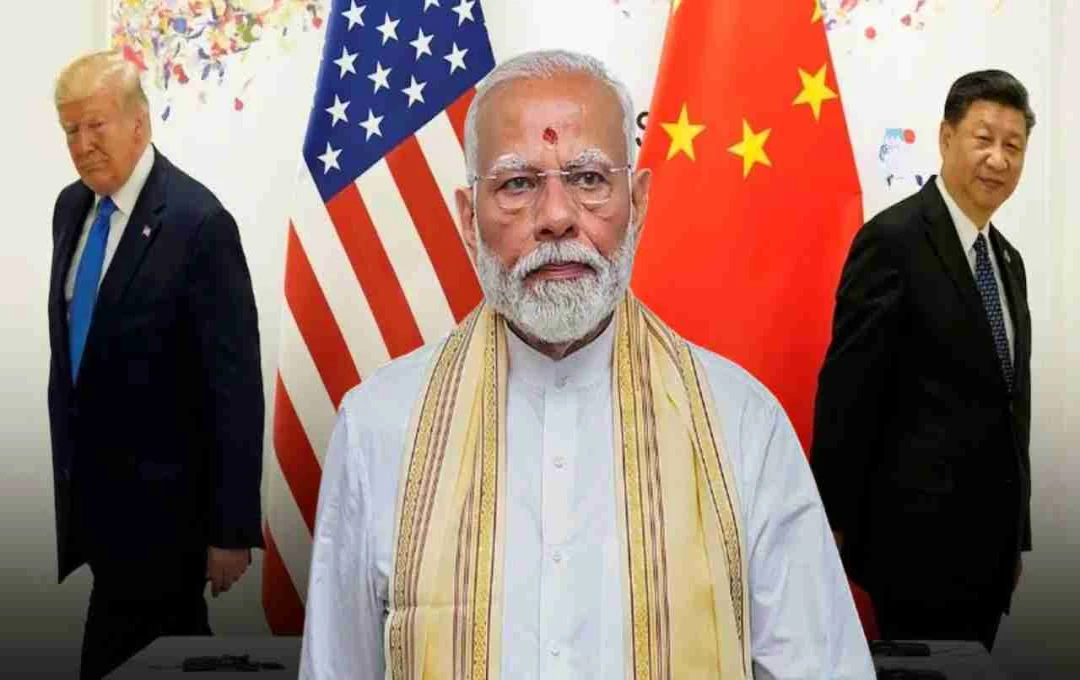Raksha Bandhan, celebrated on the full moon day of the Shravan month, is not just a festival of a thread, but a timeless tradition of "affection and commitment." Sisters tie a rakhi on their brothers' wrists, wishing for their long life and protection, while brothers pledge to uphold their sisters' honor and well-being. But do you know that the roots of this festival extend back to the Mahabharata era, the grace of Vishnu, and even medieval history?
Krishna-Draupadi: Karma-Jyoti Born of Compassion
Shortly before the Mahabharata war, while fighting, Krishna was slightly wounded during the Shishupal Vadh. Blood started to flow from his thumb. Draupadi, present in the assembly, immediately tore a piece of her sari and tied it on Krishna's finger. That day was Shravan Purnima. Overwhelmed by Draupadi's selfless compassion, Krishna, filled with gratitude, said, "Friend! I will protect your honor when the time comes." Years later, in the gambling hall when Dushasana was pulling Draupadi's sari, Krishna, fulfilling the debt of that 'Raksha-Bandhan', provided an endless sari and saved her dignity. This story conveys the message that Rakhi is not just a symbol of the bond between siblings related by blood, but of every sacred relationship where there is a commitment to sacrifice and protection.
Lakshmi-Mahabali: The Underworld-Protection Born of Vishnu's Wife's Strategy
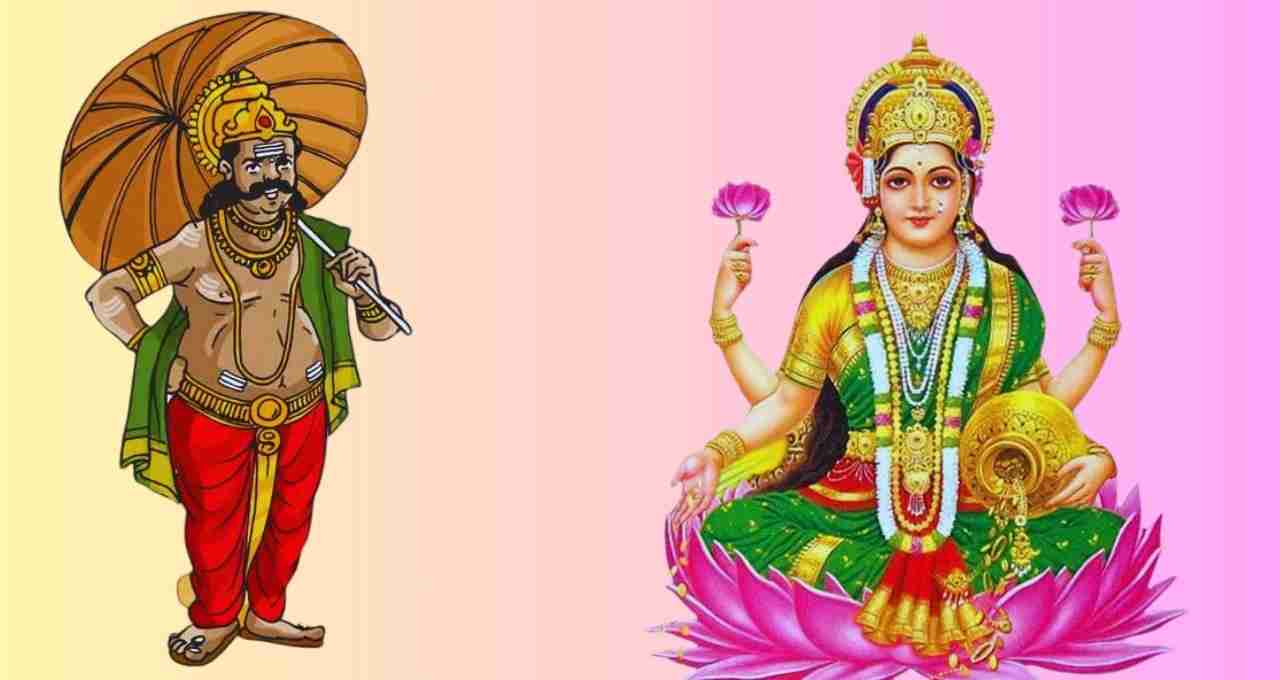
According to the Skanda Purana, the demon king Bali, with the help of Guru Shukracharya, conquered even heaven. Vishnu, taking the avatar of Vamana, asked Bali for three paces of land as a donation, and with the third step, sent him to the underworld. Due to his word, Lord Vishnu himself began to reside in Bali's palace as a gatekeeper. Goddess Lakshmi, separated from her husband, became worried. She assumed human form, tied a yellow thread of Rakhi to Bali on the day of Shravani Purnima, and considering him a "brother," asked for a boon—'return my husband to me.' Bali, bound by his word, honoring the Rakhi, allowed Vishnu to return to Vaikuntha. This story reveals that Rakhi is not just about protection, but also a bond of dedication and devotion, where the Goddess herself tied the protective thread and achieved familial happiness.
Rani Karnavati-Humayun: An Example of Honor and Dignity in History
Around 1540 AD, Rani Karnavati of Chittorgarh was worried about the attack on Mewar by Sultan Bahadur Shah of Gujarat. She sent a Rakhi to Mughal Emperor Humayun, addressing him as 'brother', and requested help. This Islamic ruler understood the dignity of the Rakhi and immediately marched his army towards Chittorgarh. Although the fort had already gone through the horrors of Veergati (martyrdom) and Jauhar (self-immolation) by the time the battle was reached, Humayun fulfilled his vow to protect Karnavati's self-respect. This episode demonstrates that Raksha Bandhan is a celebration of 'womanhood' and 'goodwill', transcending caste and religion.
Contemporary Significance and Rituals
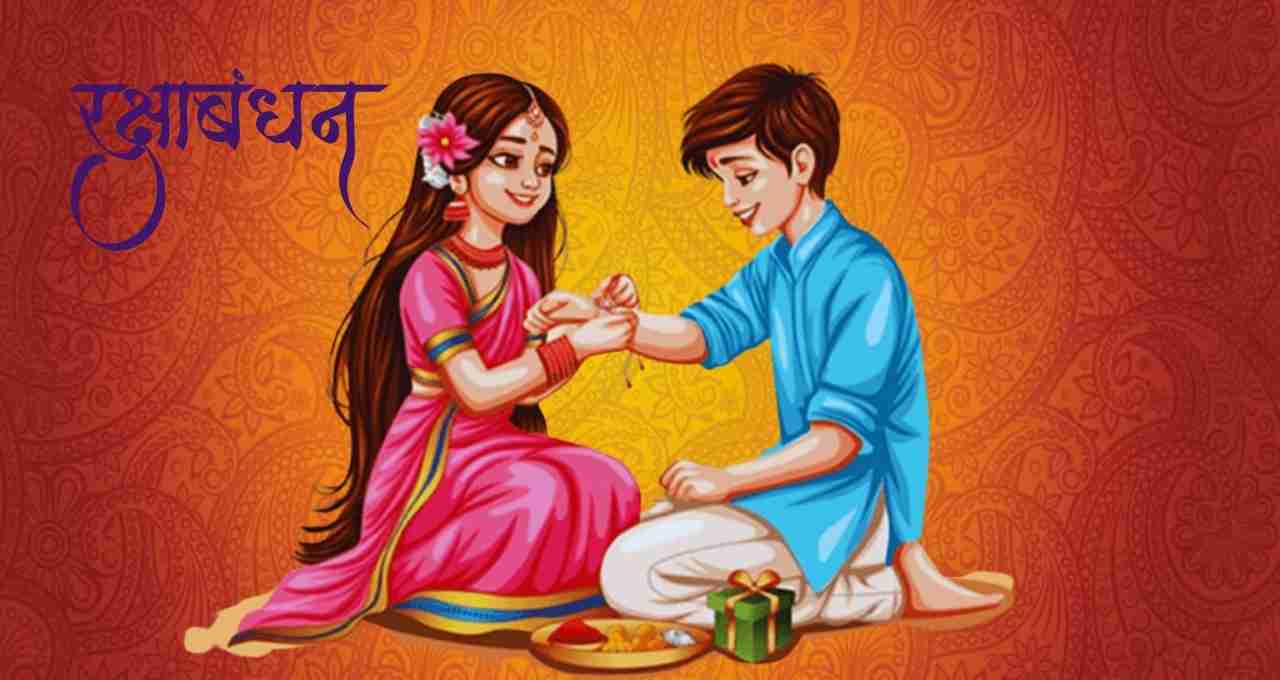
- Preparation Before Puja— Brothers and sisters should take a bath in the morning and invoke Lord Ganesha and their family deity.
- Raksha-Sutra— Place yellow or red roli, rice, a lamp, and sweets in a yellow or red cloth. The sister first applies tilak, then offers rice and ties the Raksha-Sutra.
- Sankalp-Mantra— 'Yena baddho Bali Raja, Danavendro Mahabalah. Tena twam pratibadhnaami, Rakshe ma chal ma chal.'
- Brother's Pledge— Giving a promise of freedom, education, and safety to the sister is the real "neg" (gift), more important than material gifts.
- Environmentally Friendly Rakhi— Use seed-rakhi or cotton threads; planting it in soil later will grow a plant, which grows and flourishes like the relationship.
Spiritual Lessons
- Duty-Consciousness: The Krishna-Draupadi episode teaches that one must repay a good deed when the opportunity arises.
- Co-existence: The Lakshmi-Bali story is an example of the confluence of devotion and duty.
- Cultural Harmony: The episode of Rani Karnavati and Humayun shows that a single thread can bind even enemies in the sacred sentiment of brother and sister.
Raksha Bandhan is not just a festival, but the 'mantra' of Indian culture—a commitment to respect and protect others. Whether it's the repayment of Krishna's debt, the loving wisdom of Goddess Lakshmi, or the courage of Rani Karnavati—every story says that while tying the Rakhi, we are knotting not just a thread, but trust, compassion, and responsibility. On the Shravani Purnima of August 9th, when you tie the Rakhi, remember these mythological episodes and pledge to protect each other's self-respect throughout life. This is the eternal glory of Raksha Bandhan—'Protection and tradition both.'
